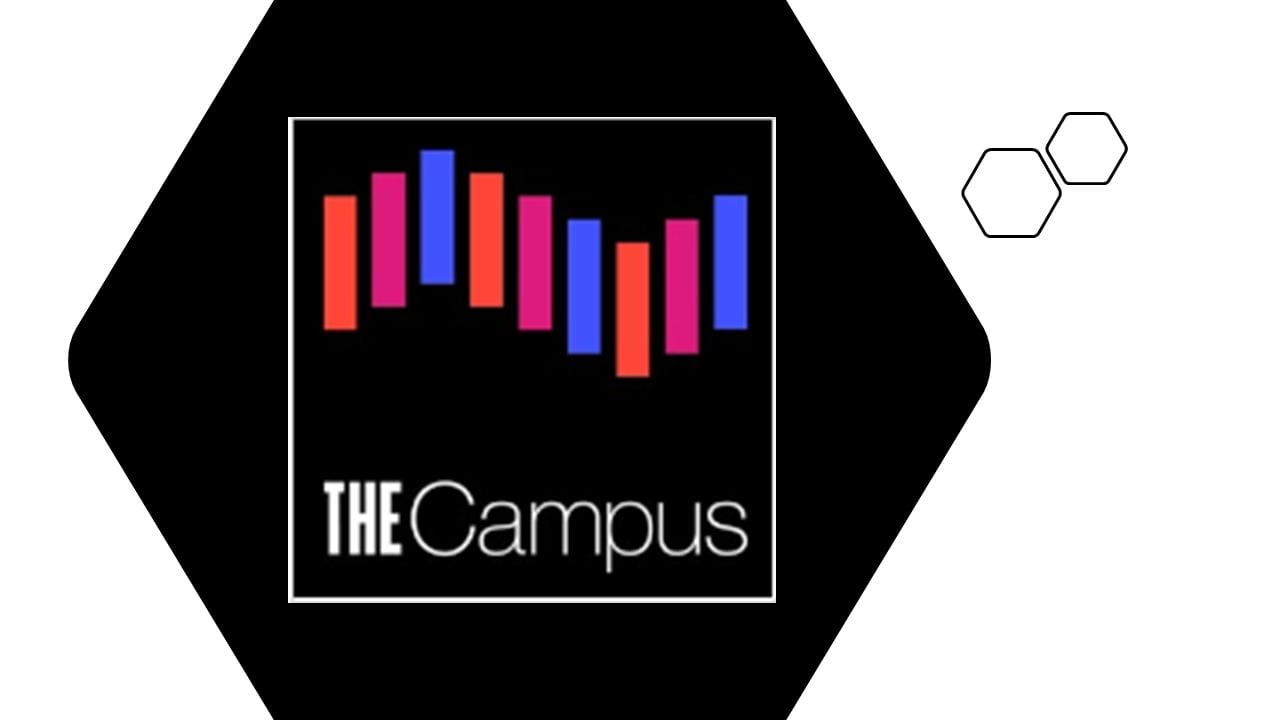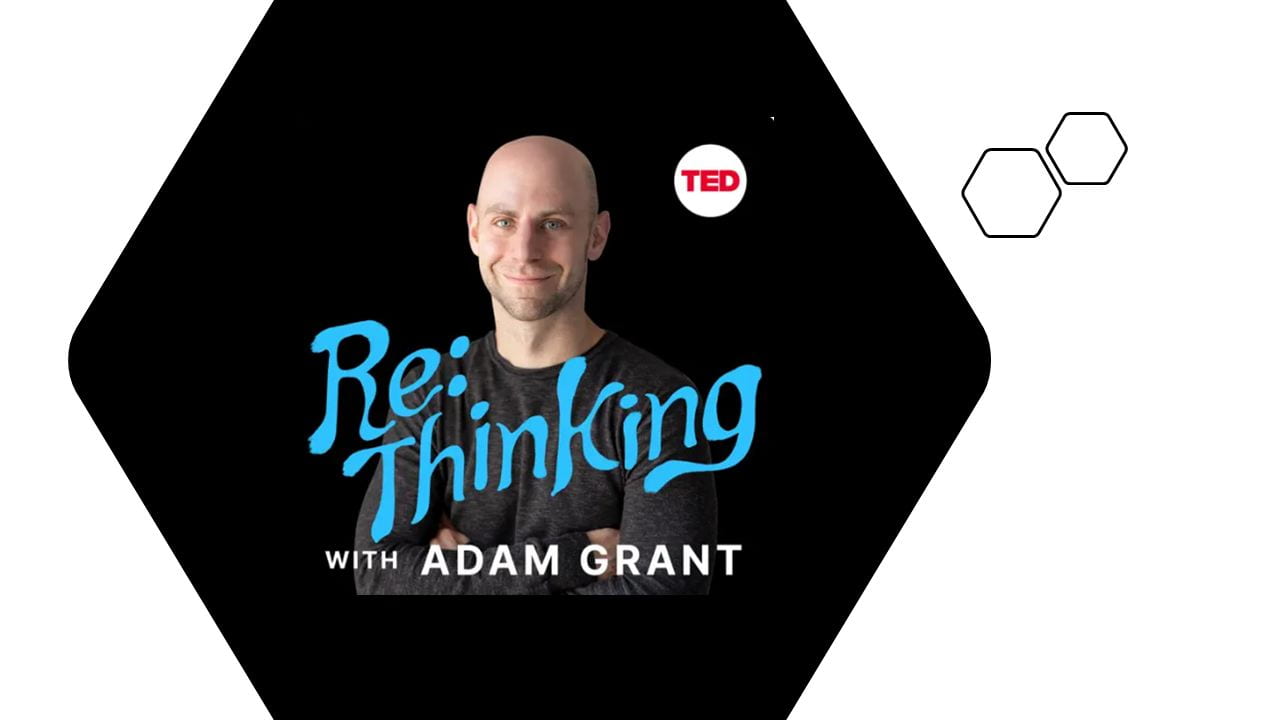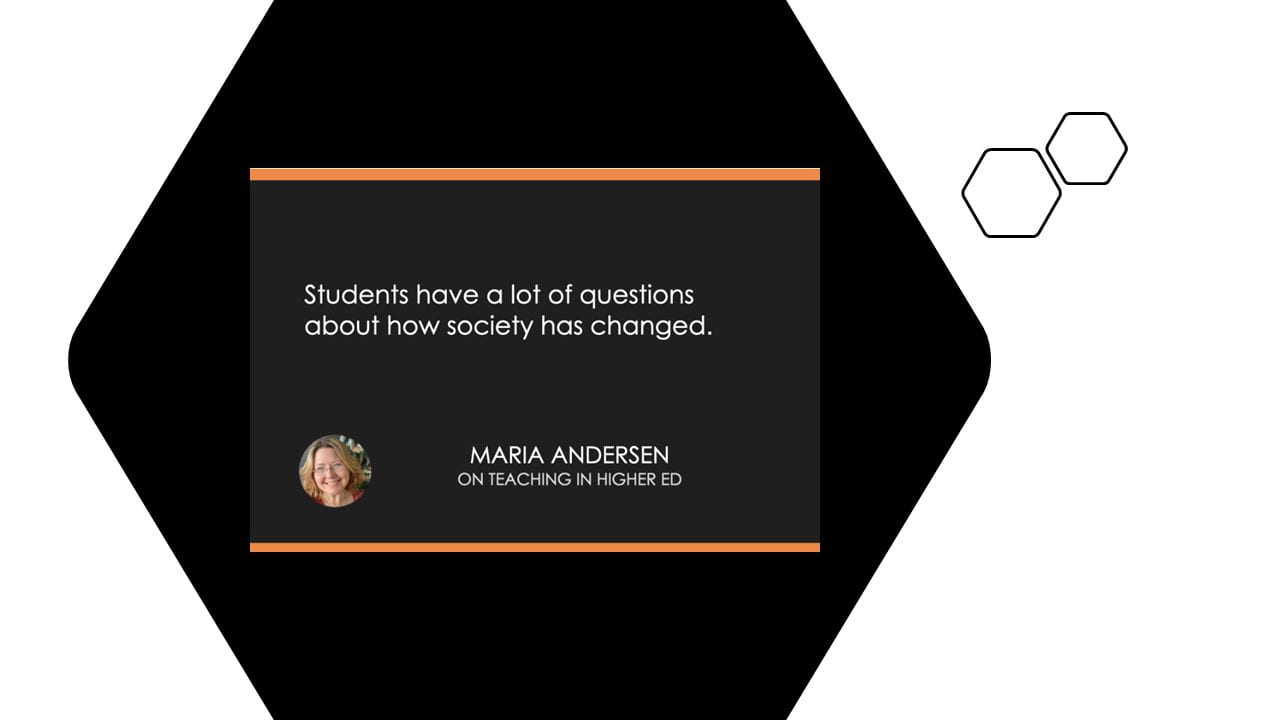
“AI is a technology like none of us have ever seen, and none of us can truly say where it’s going. But we do know this: Technology is never good or bad. It’s what we do with the technology that matters.“
-Marc Benioff, CEO of Salesforce
Hello, faculty!
In our newsletter this week we are focusing on introducing the potential of leveraging Artificial Intelligence (AI) in Higher Education, integrating AI-powered tools into teaching methods, and examples of fostering a culture of technological literacy in the classroom. Next week we will focus on the implementation of AI technology in higher education teaching. Ultimately by doing so, educators can harness the power of AI to enhance the learning experience and better prepare their students for the challenges of the 21st century.
-The ID Team
CITS | Instructional Development

Who:
Higher Education instructors are highly aware of the growing influence of Artificial Intelligence (AI) in education for several compelling reasons. Such as:
- AI has the potential to revolutionize the learning experience by personalizing instruction, adapting to individual students’ needs, and offering real-time feedback.
- AI can assist in grading criteria, such as generating rubrics and brainstorming questions, freeing up valuable time for more meaningful interactions with students.
- Understanding AI is essential for preparing students for the future job market, where AI skills are increasingly in demand across various industries.
By embracing AI, instructors have the opportunity to create a more tailored and effective learning environment, helping students reach their full potential.
How:
In this edition learn how to:
- Learn about the future of AI in Higher Education.
- Learn about how AI tools work.
You:
Our goal for you is to:
- Reflect on AI in your teaching.
- Think about how students may use AI.

Sal Khan, the founder and CEO of Khan Academy, thinks artificial intelligence could spark the greatest positive transformation education has ever seen. He shares the opportunities he sees for students and educators to collaborate with AI tools — including the potential of a personal AI tutor for every student and an AI teaching assistant for every teacher — and demos some exciting new features for their educational chatbot, Khanmigo.
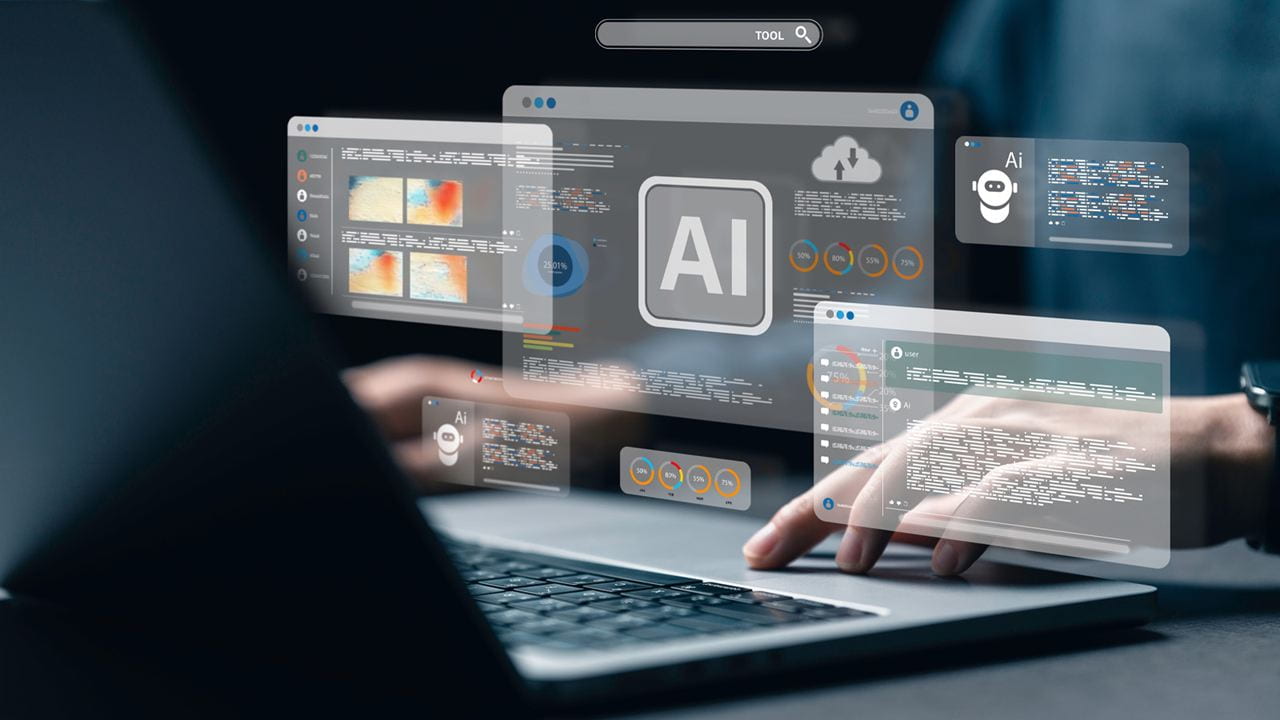 |
Integrating Generative AI into Higher Education: Considerations
Integrating AI into higher education is not a futuristic vision but an inevitability. Colleges and universities must adapt and prepare students, faculty, and staff for their AI-infused futures. |
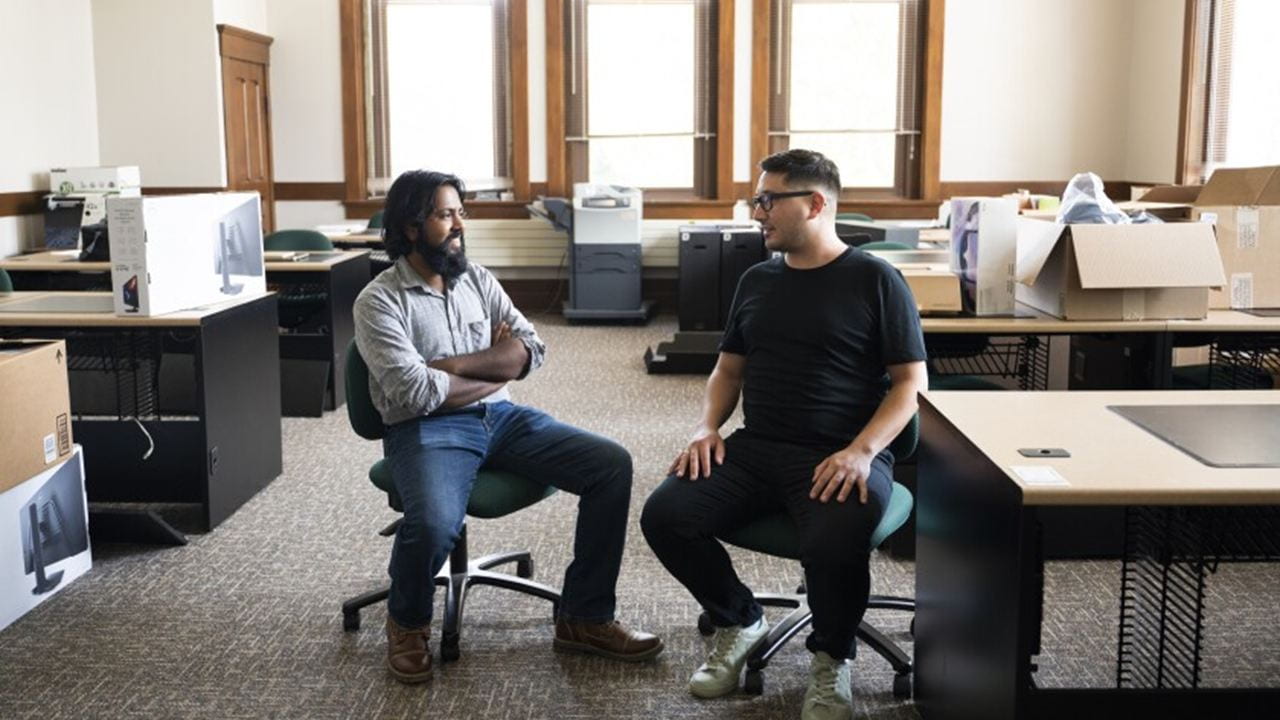 |
Scared of AI? Don’t Be, Computer-Science Instructors Say.
–The Chronicle of Higher Education Professors report that students are using ChatGPT to write essays or complete math homework. Many instructors are leveraging anti-plagiarism software or tweaking assignments to try to prevent cheating. |
- Trouble grading late tests in myCourses? Here’s a workaround.
- Learn how to use Kaltura!
- 10/10 – Getting Started with Kaltura
- 10/11 – Blended Teaching: Designing Meaningful Content Connections
- 10/12 – Introduction to Excel
- 10/13 – Zoom Tips
- 10/17 – Creating Forms with Adobe Acrobat
- 10/18 – Online Teaching and Learning Strategies
- 10/19 – Excel Charts
- 10/24 – Introduction to InDesign, Part 1
- 10/25 – Getting Started in Qualtrics
- 10/26 – Excel Pivot Tables
- 10/31 – Introduction to InDesign, Part 2
- ⭐️Save the Date – Annual New Approaches to Teaching and Learning Conference
- Check out our other self-paced offerings!
Instructional Development works with faculty to…
- Explore, design, and experiment with different teaching and learning modes.
- Research and integrate technologies that can enhance teaching and learning.
- Design and develop online courses and programs.
- Write learning outcomes, design assessments, craft activities, and develop content.
- Utilize best practices for using instructional technologies.
Feel free to contact us online to book an appointment!

